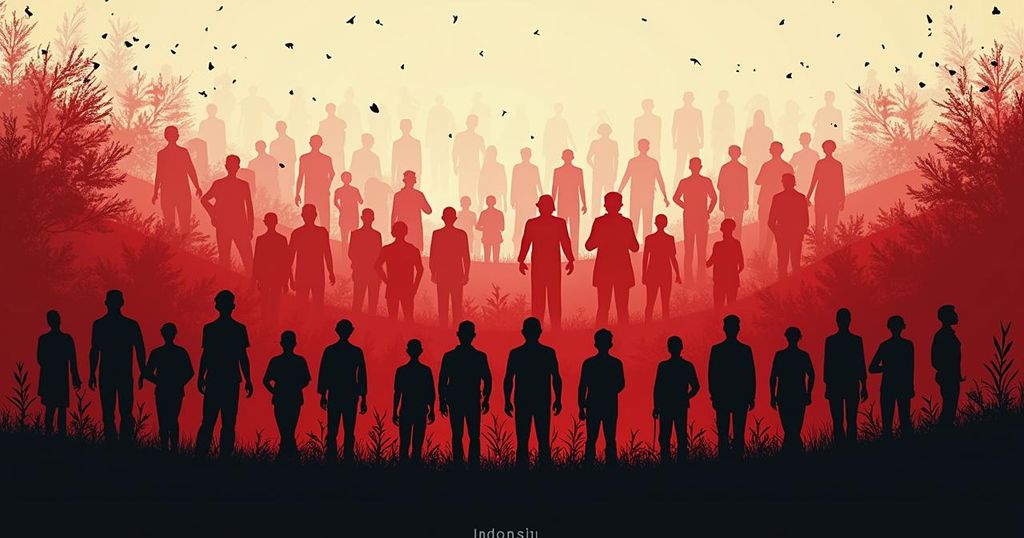Indonesia voted against a UN General Assembly resolution to add the Responsibility to Protect (R2P) to its agenda, joining 15 other nations, including China and North Korea. The resolution, supported by 115 countries, aims to enhance commitments to prevent crimes against humanity. Indonesia’s Foreign Ministry clarified that the country does not oppose R2P but believes the topic has been sufficiently addressed previously.
The United Nations General Assembly (UNGA) recently held a vote on a resolution concerning the responsibility to protect (R2P) populations from mass atrocities and human rights violations. Indonesia cast a “no” vote, joining a group of 15 other countries, including China and North Korea, which has prompted scrutiny regarding Indonesia’s stance on international humanitarian norms. The resolution, put forth by Croatia, aims to formally integrate R2P into the UNGA’s annual agenda and requires the UN Secretary-General to provide yearly updates on the matter. This initiative drew support from 115 member states, including several ASEAN countries, such as Malaysia, Thailand, and the Philippines, while 28 nations abstained. In response to criticisms of Indonesia’s position, Febrian Ruddyard, the Foreign Ministry’s Director General for Multilateral Affairs, clarified that Indonesia does not inherently oppose the R2P doctrine, as it was affirmed by all UN member states during the 2005 World Summit. He further expressed that Indonesia believes the issue has been sufficiently addressed through subsequent discussions and emphasized the importance of resolving outstanding questions regarding R2P’s practical implementation before continuing with its elevation on the agenda. R2P emerged as a crucial framework following the international community’s failure to avert atrocities like the Rwandan genocide and the Srebrenica massacre, reflecting a collective acknowledgment of the need to protect vulnerable populations.
The concept of the Responsibility to Protect (R2P) was established to ensure that states take proactive measures to prevent mass atrocities, including genocide, war crimes, and ethnic cleansing. Initiated after grave international failures in the 1990s, such as the Rwandan genocide, R2P highlights the duty of nations to safeguard their citizens and reinforces a collective responsibility among all member states of the United Nations. Recent developments regarding R2P and its inclusion on the UNGA agenda underscore ongoing tensions surrounding international humanitarian law, state sovereignty, and the political dynamics at play within the UN system.
Indonesia’s opposition to the UNGA’s resolution on the Responsibility to Protect raises critical discussions about its commitment to preventing atrocities. While the government asserts its respect for the principles of R2P as outlined at the 2005 World Summit, this vote places it alongside nations often criticized for their human rights records. The implications of such a decision concerning Indonesia’s foreign policy and commitment to humanitarian norms warrant further examination in the context of international diplomacy and cooperation.
Original Source: www.thejakartapost.com







